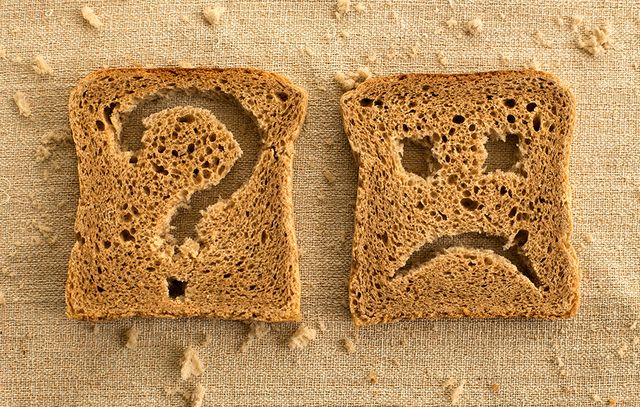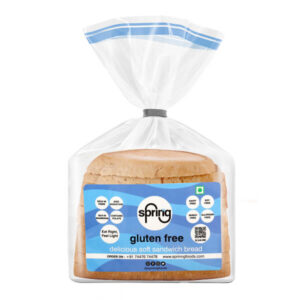
What is Gluten
Gluten belongs to a family of proteins found mainly in wheat, spelt, rye and barley. Among the many gluten-based grains, people mainly consume wheat. Gliadin and glutenin are the two main proteins present in gluten, between which Gliadin causes the most harmful effects on human health.
When you mix wheat with water, proteins present in gluten form a sticky network, which comes with a consistency similar to glue. Here, the glue-type property maintains the elasticity of the dough and allows rising of your bread whenever you bake it. In addition, gluten provides a satisfying and a chewy texture to any of the baked items.
List of Food Items Containing Gluten
Based on broad classification, gluten is present in the following food items-
- Wheat: Wheat is mainly present in baked products, breads, pasta, soups, sauces, cereals, roux and salad dressings.
- Barley: Barley is present in artificial food colors, malt or any other malt products, like malted barley flour, malt extract, malted milkshakes and milk, malt flavors, malt syrup and malt vinegar. In addition, you will also find barley in beer, soups and Brewer’s Yeast.
- Rye: Rye is mainly present in pumpernickel or any other similar type of rye bread, cereals and rye beer.
How Gluten is bad for Some People
Majority of people may tolerate products containing gluten without any difficulty. However, it causes problems for individuals with specific health conditions. These are celiac disease patients, individuals experiencing wheat allergy and sensitivity towards gluten and people suffering from any other similar type of disease. Accordingly-
- Celiac Disease Patients: Celiac disease is a severe type of intolerance to gluten. This is a type of autoimmune disorder and according to this; your body treats gluten as any type of foreign invader. The immune system thus attacks any item containing gluten and the lining of the gut. Because of this, gluten damages your gut wall, while it causes nutritional deficiencies, severe form of digestive problems, anemia and related to many other diseases. Common symptoms associated with Celiac disease are tissue damage in your small intestines, digestive discomfort, constipation, diarrhea, tiredness, headache, skin rashes, weight loss, depression and feces often have a foul smell. On the other side, a few Celiac disease patients have some other symptoms excluding the digestive systems, such as anemia and tiredness.
- Non-celiac Sensitivity to Gluten
There are a large number of people who, though do not show positive results while testing for celiac disease, but react in a negative way to gluten. Doctors call this condition as non-celiac gluten sensitivity. Common symptoms associated with non-celiac gluten sensitivity are stomach pain, diarrhea, bloating, tiredness and depression. - Irritable Bowel Syndrome
A few people suffer from a common type of digestive disorder i.e. Irritable Bowel Syndrome, abbreviated as IBS because of having gluten-based products. Common symptoms related to IBS include cramping, pain in the abdomen area, gas, diarrhea and bloating. IBS is one of the chronic conditions but many people suffering from this problem are able to manage their problems with proper gluten free diet, stress management and bringing certain changes in their lifestyle. - Wheat Allergy
Along with the aforementioned problems, most of the individuals experience wheat allergy after they consume any food item made of gluten.







